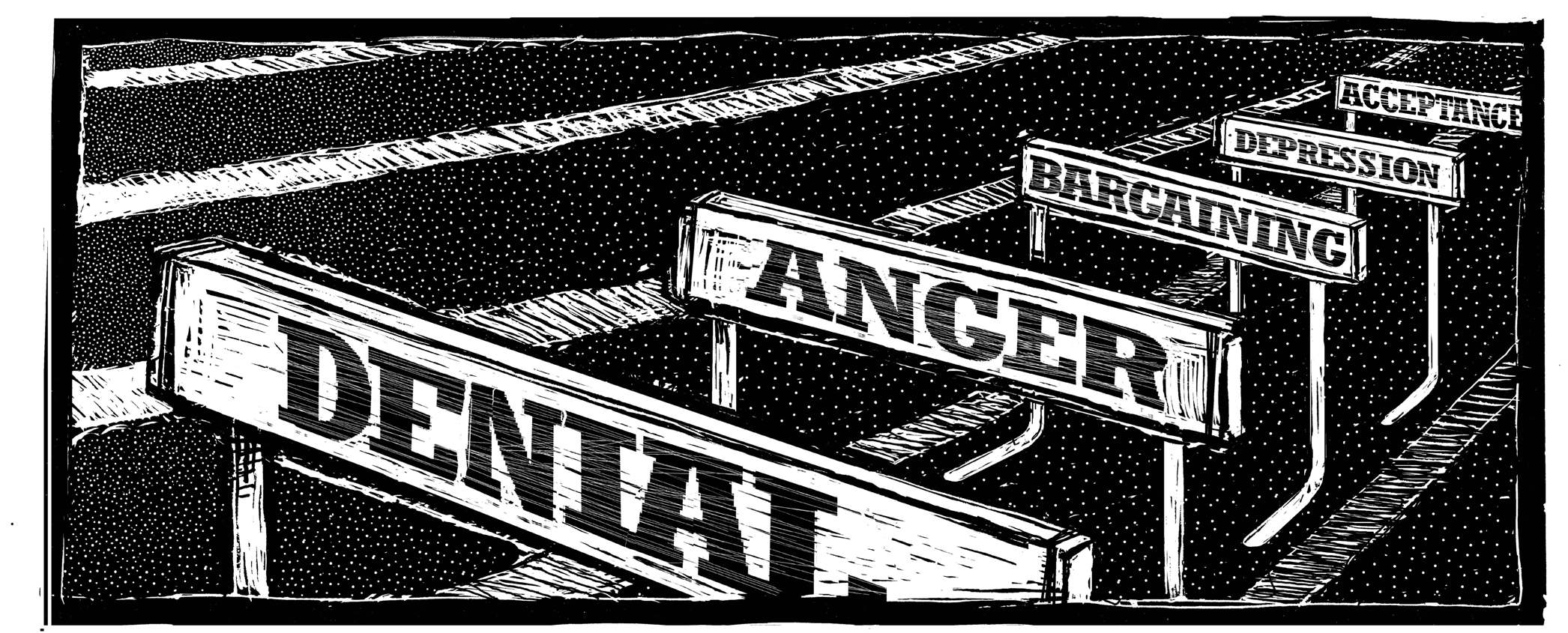
It’s never easy discussing death. Bereavement is the state of mourning and sadness we endure after the death of a loved one. Grief is that process we endure, either in anticipation of death or in bereavement. Humans have been shown to systematically show grief in a predictable way. This Kubler-Ross model famously describes the response of those dying.
- Denial, accompanied with simultaneous emotional numbness
- Anger over the loss
- Bargaining, as if the possibility of staying alive exists
- Depression and intense mourning
- Acceptance
The real point of bringing up the grieving process is to point out that the loss of a loved one is an extremely dangerous time for those left behind. In fact, the death of a spouse is the single highest risk factor for one’s own death. I’m sure many of us can think back to an elderly couple who died months apart.
The period of bereavement is a time when people need to come together, provide support and take care of each other. It’s very important that you and your loved ones know that the emotions you will experience are universal and normal. Try to keep that in mind when the time comes. Be reminded that normal grief can last over a year. Don’t feel abnormal because of the difficulties you may be having moving on. It’s healthy to work through your pain.
Common psychological thought describe four trajectories we take in bereavement.
- Resilience – the attempt to ‘stay strong’ through it all
- Recovery – evolution toward an healthy honoring and appreciation of the life of the lost
- Chronic dysfunction – the unfortunate circumstance of being stuck in the mourning process such that it cripples your existence
- Delayed grief or trauma – the subsequent release and expression of those suppressed emotions
Grief is to be considered a necessary and healthy part of a recovery process that we should learn to embrace.

You forgot GUILT.
A lot of people feel guilty that they didn’t do enough to support, they didn’t say goodbye, or even that they don’t feel bad about a passing.
On the other hand a dying person could feel guilt for leaving you with a problem, or leaving you on your own.
GUILT is one heck of an emotion to deal with no matter which way round things happen.
Excellent points, thoughfullyprepping, and ones worth exploring further. As you likely know, the Kubler-Ross model explores the response from the viewpoint of the dying patient, and that model’s only consideration of guilt is captured during the Bargaining phase.
Regarding the grieving process of surviving loved ones, guilt either is or isn’t a major part of it all. In those with a trajectory toward Recovery, they’ve successfully navigated the guilt, if indeed they hadn’t reconciled those feelings and made peace with their loved one prior to death. In those with a trajectory of Chronic Dysfunction, guilt is a prominent component of the inability to move forward.
I agree completely that guilt is a major emotion in all of this. It certainly explains the amount of money we spend on funeral and burial arrangements. Let’s hope more people learn to address their emotions while the opportunity still exists. Thanks for reading and commenting.